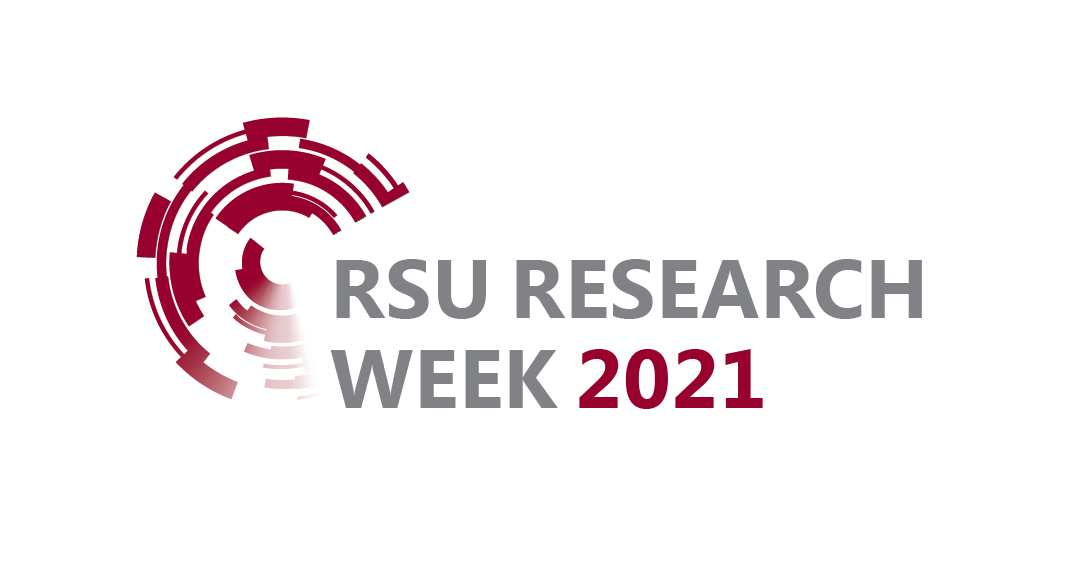Deep Dive into RW Contents
The Medical & Sports Law Sessions of this year's PLACES conference, led by lawyers Karina Palkova (left) and Karina Zalcmane, will focus on the fields that are relatively new in Latvia in academic terms, but are gradually becoming more prominent.
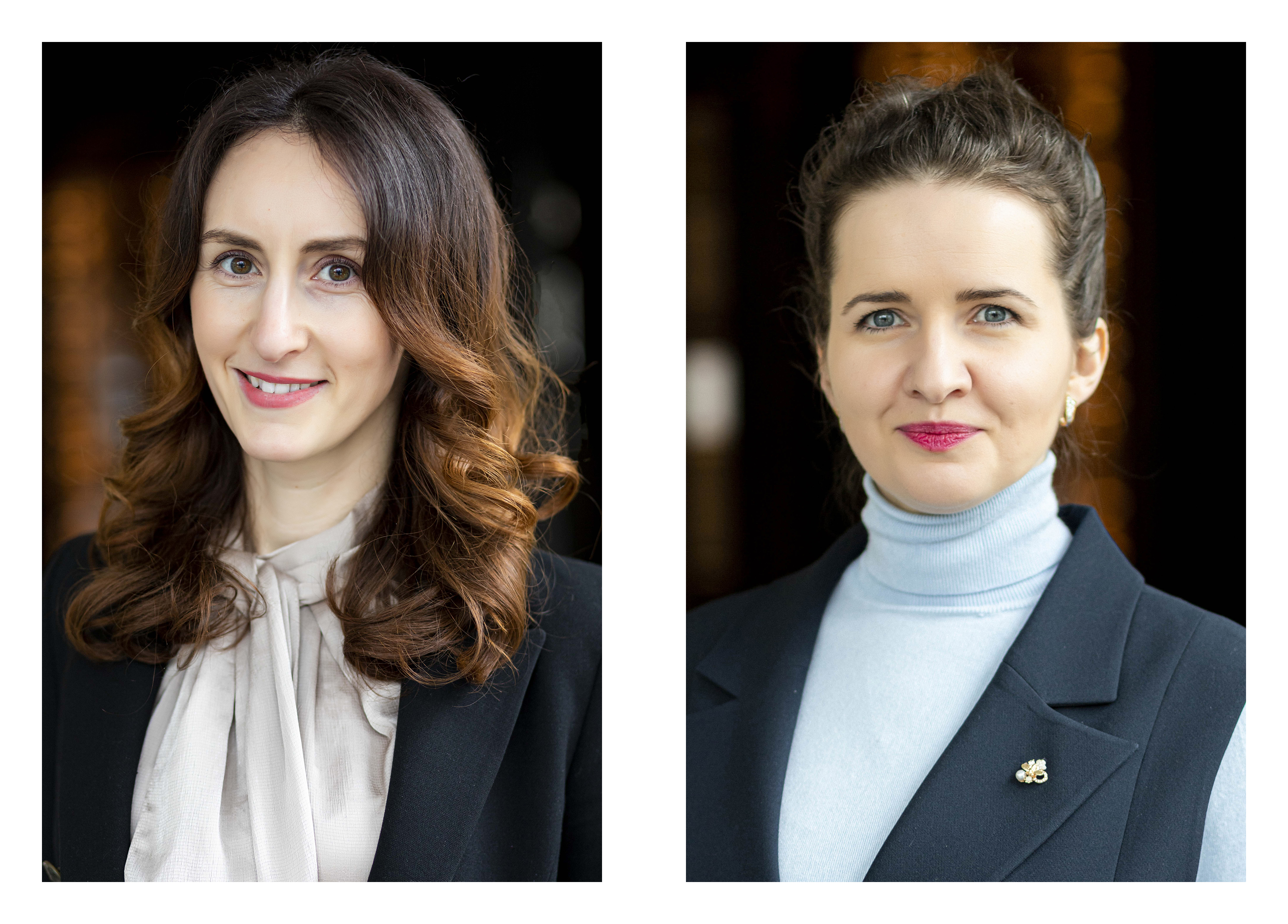
Professor Olli Kallioniemi of SciLifeLab talks about a range of activities – from the analysis of ancient DNA to trace the evolution of species to mapping human proteins with the hope to contribute to the fight against cancer and other advancements – that have been made possible due to the infrastructure, technologies and expertise the lab has accumulated.
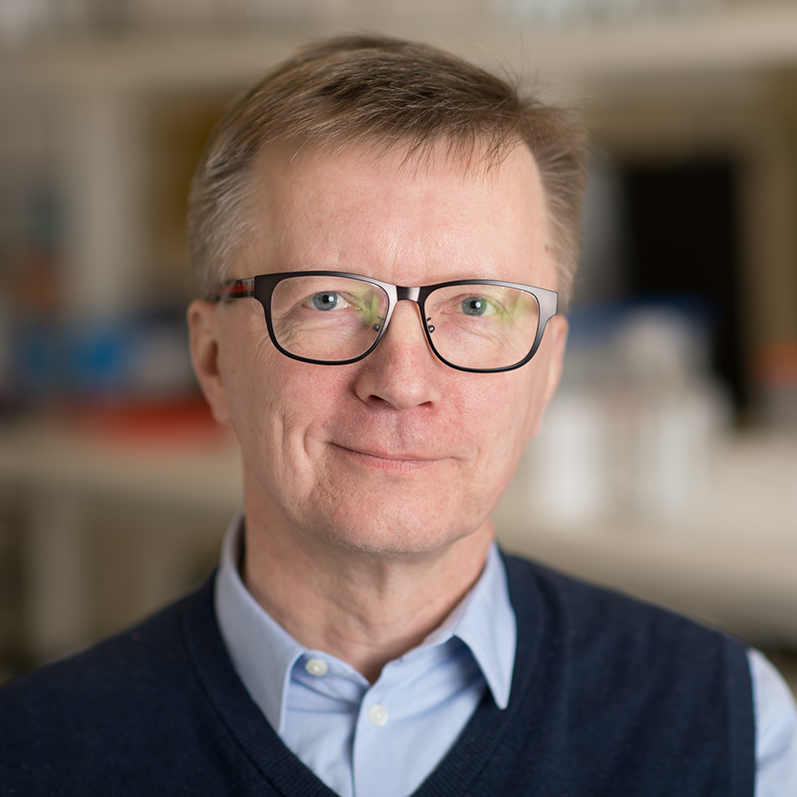
Normunds Daudišs on how digital health technologies could contribute to the Latvian healthcare system.
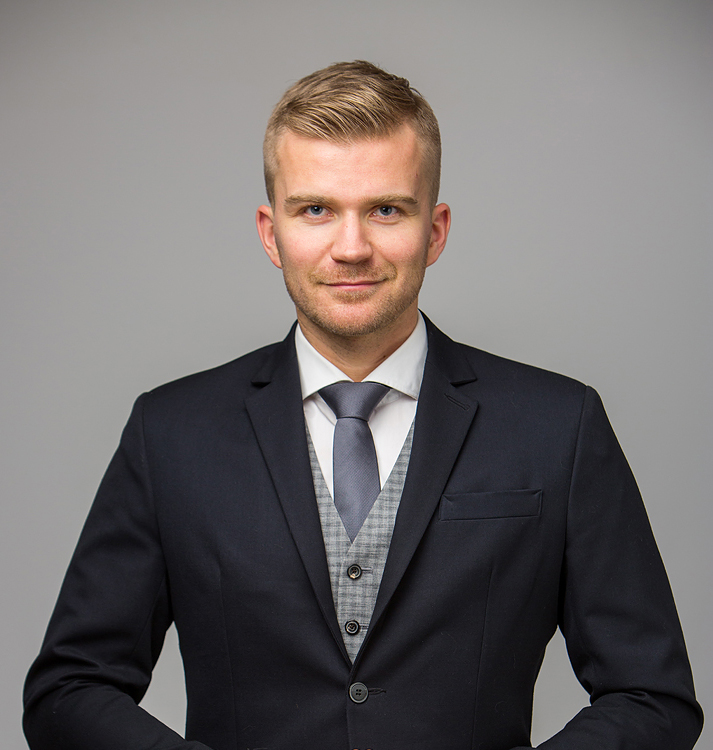
Leizl Joy Nayahangan is speaking at the University Teaching and Learning conference about simulation-based education. Here, she outlines what she would like to see improved in the field and some common misconceptions.
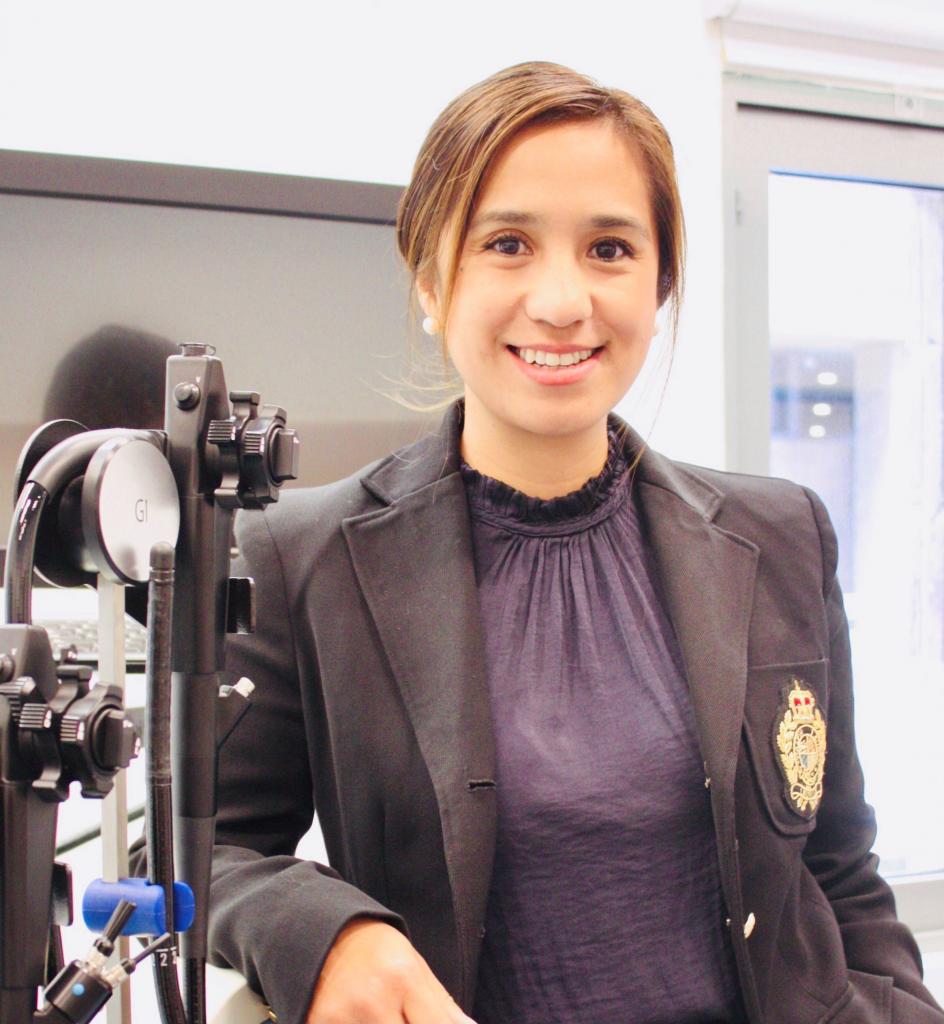
Kristaps Krafte is the Founder and Manager of the digital therapeutic start-up Vigo Health. Here he speaks about digitalisation and the importance of interdisciplinary collaboration.
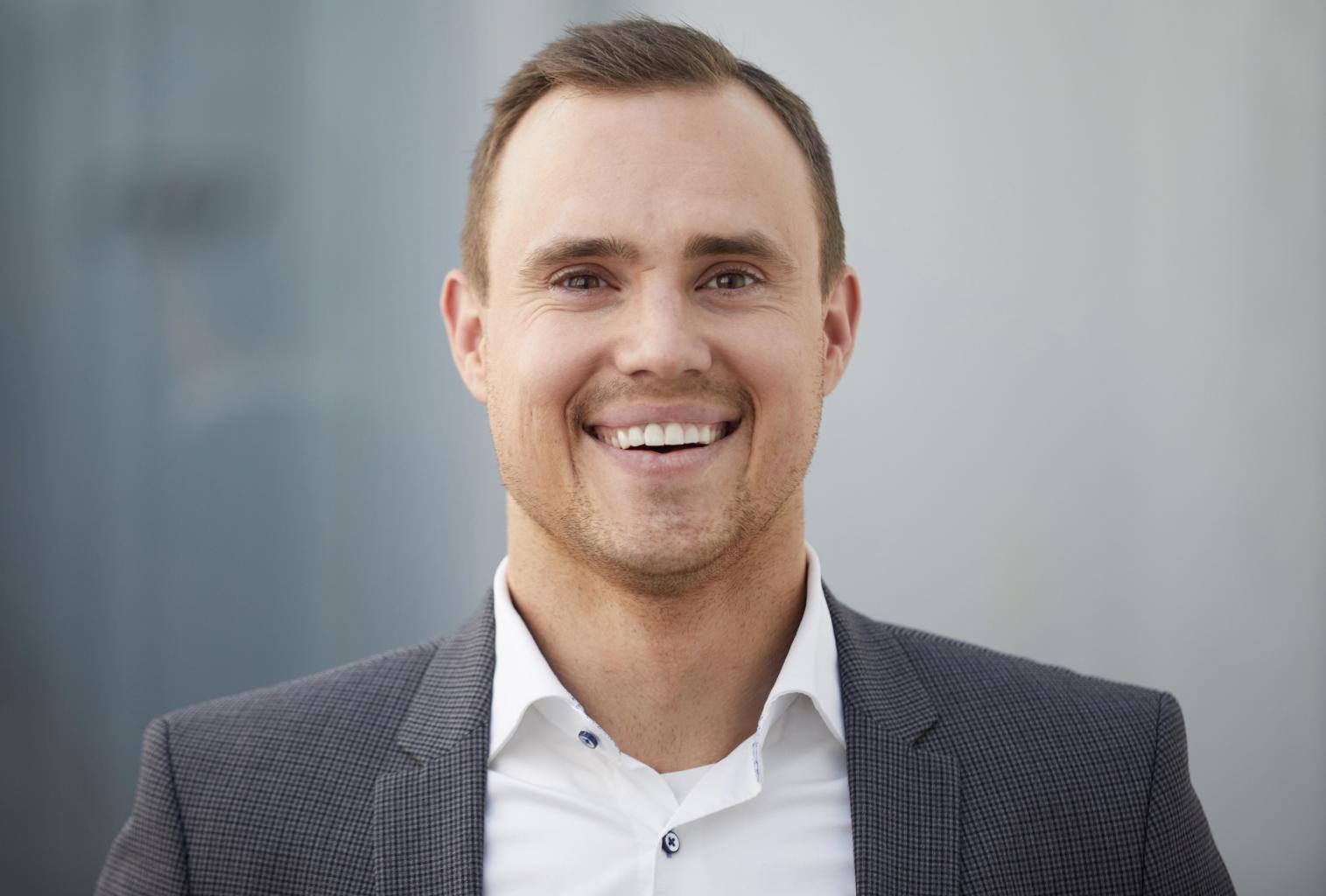
Dace Dzenovska is a keynote speaker at RSU Research Week and an Associate Professor in the anthropology of migration at the University of Oxford.
I was invited to talk about the very complicated topic of the pandemic and society. As social scientists and humanities scholars we need to establish a critical distance to be able to see the contours of an unfolding situation, especially if we think of the pandemic not only as an epidemiological event but also a biosocial one that entails social relations, politics, decision making, long-term effects.
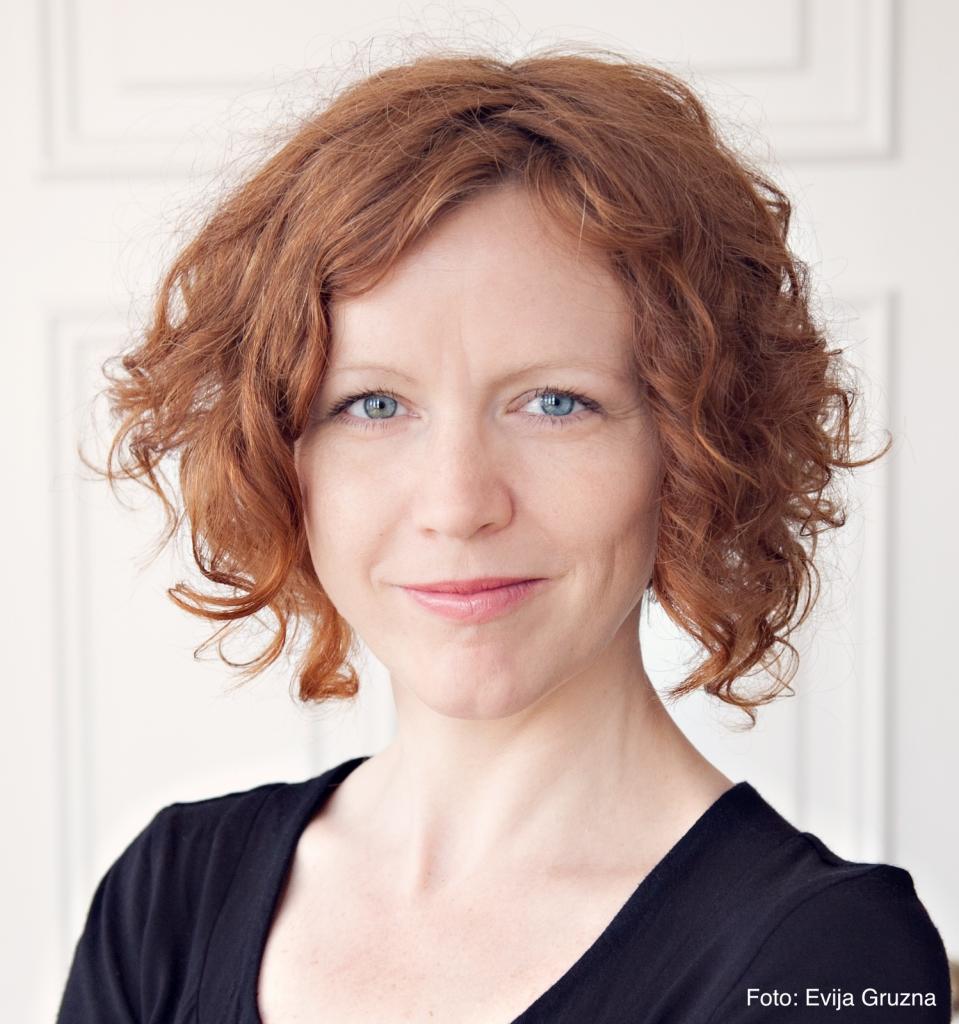
Radiologist Fredrik Strand, MD PhD, will be one of the keynote speakers at the Knowledge for Use in Practice conference in the Innovation in Medicine and Healthcare – from Research to Practice section on 26 March. Here, he talks about his research, and what he is looking forward to most at Research Week 2021.
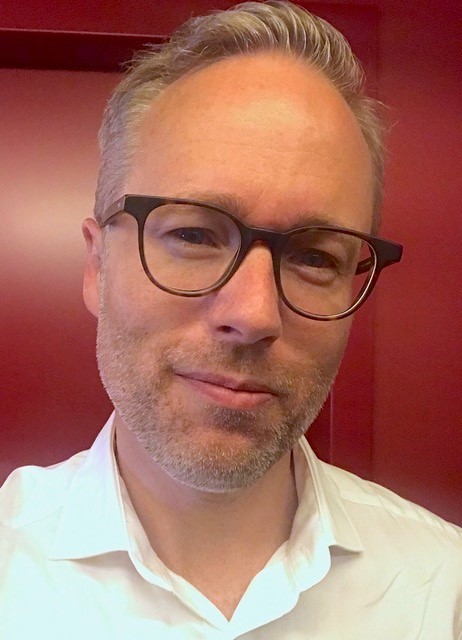
RW2021 participants have truly proven their passion for science, which can be seen in the diversity of high-quality research abstracts submitted for the upcoming conference. Here we share some highlights that have recently caught our eye.
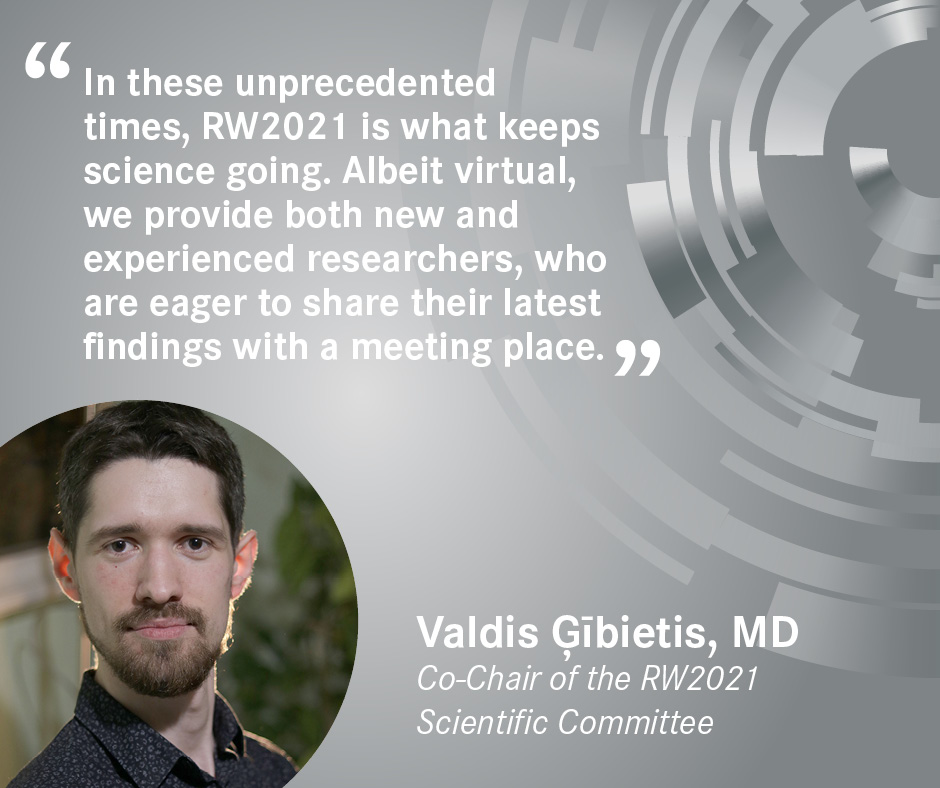
Riding the Rollercoaster of Research
A poster co-authored by doctor Renāta Klagiša received the audience award at the previous Research Week. What paved the road to her success?
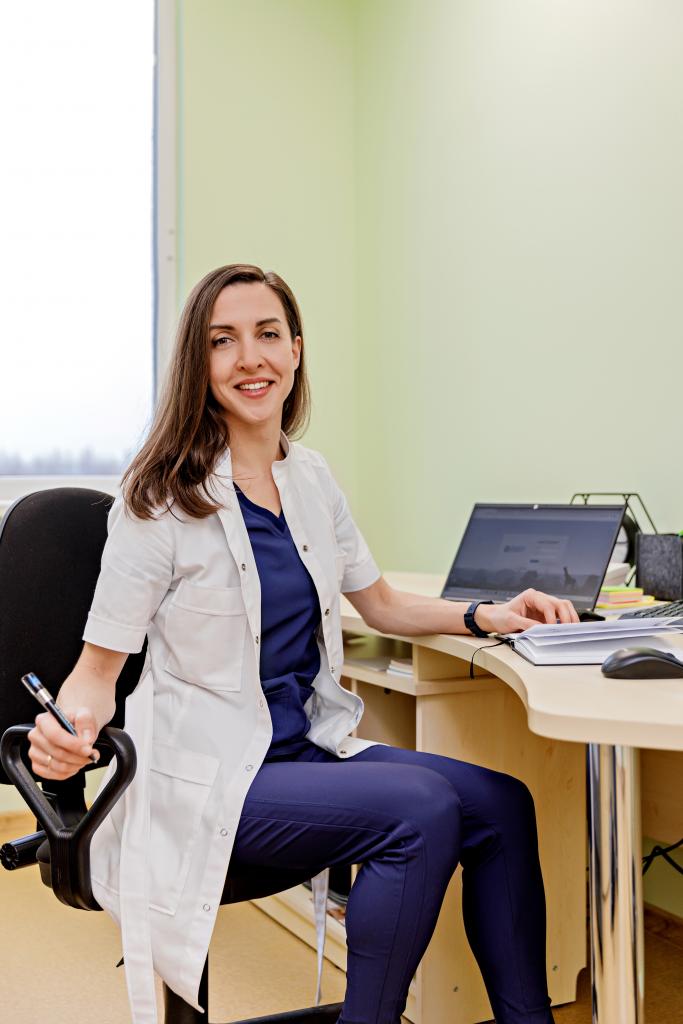
Amongst the diverse set of international abstracts already submitted for RSU Research Week 2021, let us share our first collection of highlights with you.
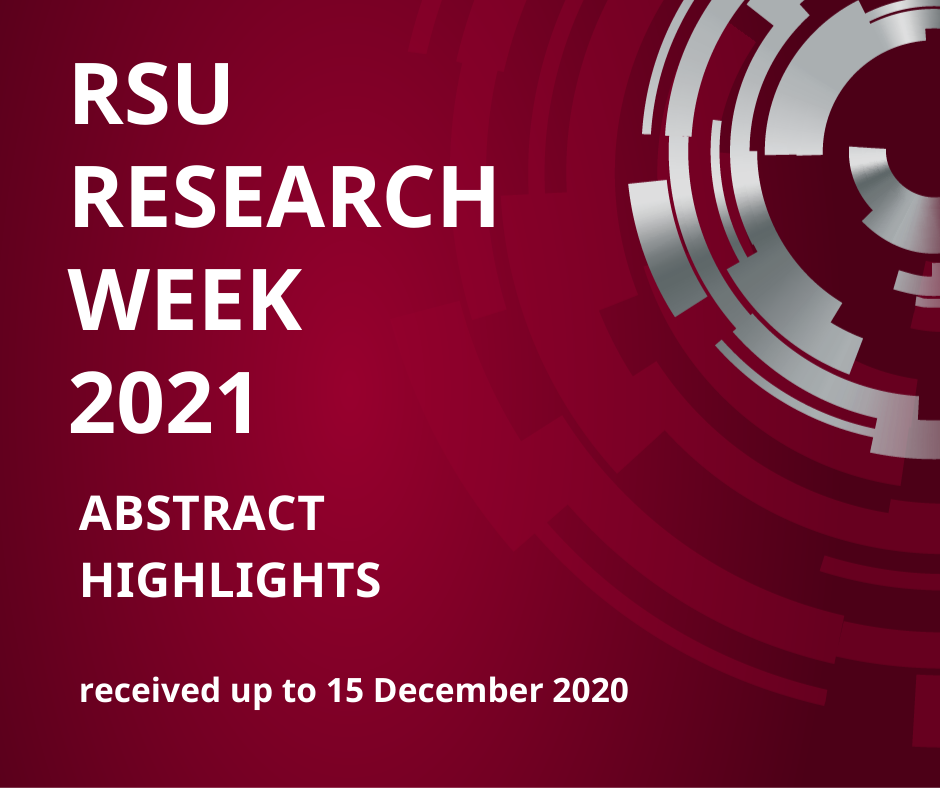
Navigating an Ocean of Data
Digital health architect Janek Metsallik, the man behind the launch of the Estonian nationwide Health Information System (EHIS) and one of the keynote speakers at Research Week 2021, offers an insight into the success story of digitising nearly all data generated by hospitals and doctors nationwide. Estonia has managed to evolve to a stage where one does not speak about e-Healthcare specifically but rather about healthcare in general, as these are not separate subjects anymore.
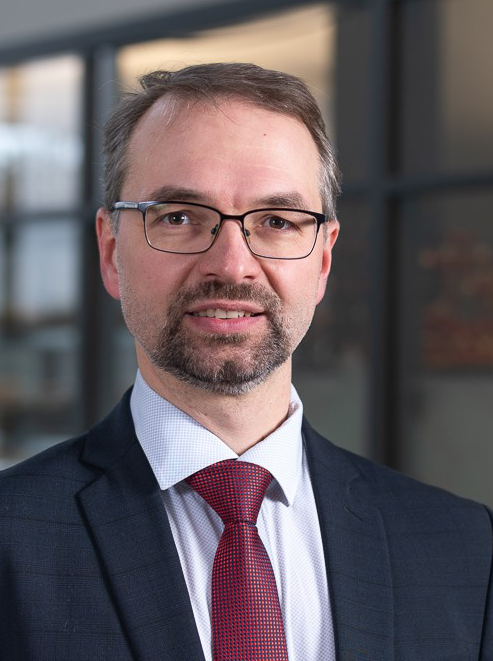
Synthesising the future
Professor Mauro Alini, vice-director at the Swiss-based AO Research Institute, talks about the future of regenerative medicine and the chances of boosting Rīga as a biomaterial research metropolis of Europe. Professor admits that personalised medicine is the next big thing in musculoskletal treatment and beyond. We are moving towards identifying patient sub-populations – even if they have the same symptoms their pathologies might differ.
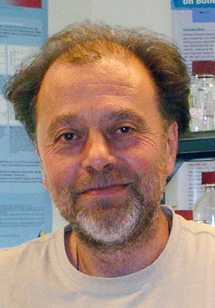
Will we be able to predict and prevent diseases before they occur in the future?
Baiba Vilne, Head of the RSU Bionformatics Unit, says that there is the aim to introduce an individual-centred medical model. A constantly growing database would gradually develop and artificial intelligence would use the data to predict possible diseases and treatments.
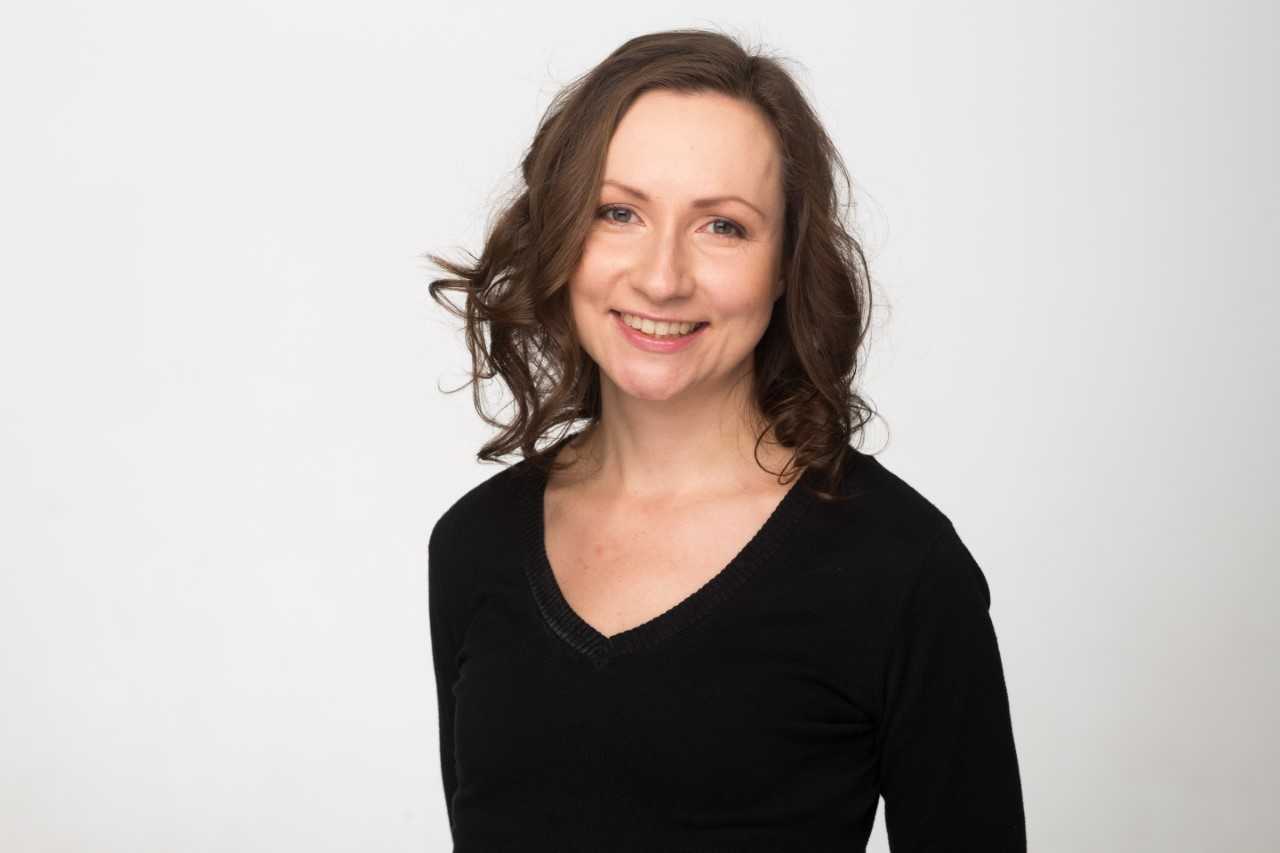
Understanding the space where we live
Dace Dzenovska, an Associate Professor at the University of Oxford settled in at RSU for the current year, is determined to prove that significant socio-anthropological observations, which are important for a variety of fields, can come from the eastern part of Europe.
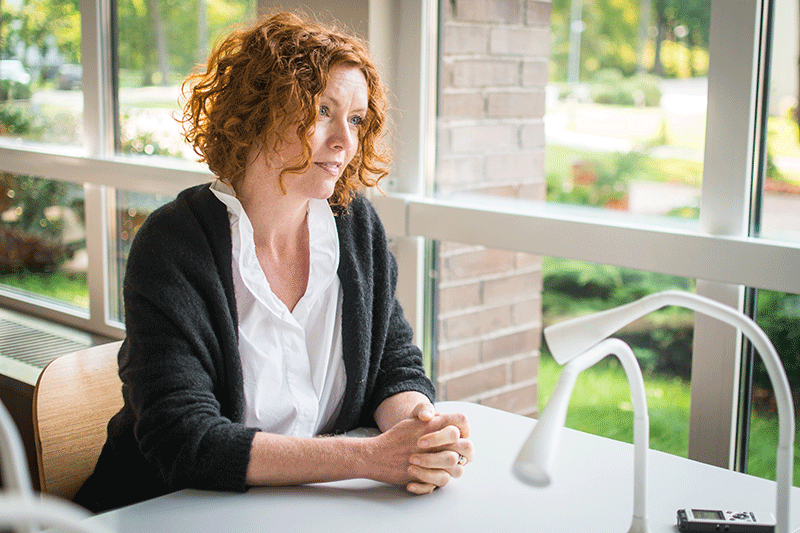
Related news
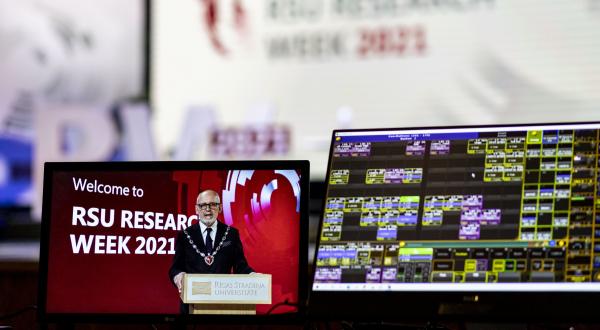 RSU Research Week Breaks Attendance RecordGeneral, RW Deep Dive
RSU Research Week Breaks Attendance RecordGeneral, RW Deep Dive